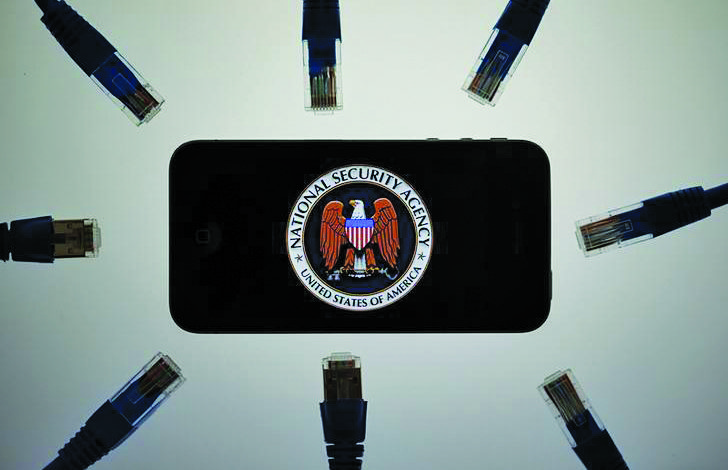WASHINGTON, D.C. — On Thursday, the U.S. House of Representatives passed a bill to renew the National Security Agency’s warrantless Internet surveillance program, overcoming objections from privacy advocates and confusion prompted by morning tweets from President Trump that initially questioned the spying tool.
The legislation, which passed 256-164 and split along party lines, is the culmination of a yearlong debate in Congress on the proper scope of U.S. intelligence collection – one fueled by the 2013 disclosures of classified surveillance secrets by former NSA contractor Edward Snowden.
Senior Democrats in the House of Representatives had urged cancellation of the vote after Trump appeared to cast doubt on the merits of the program, but Republicans forged ahead.
Trump initially said on Twitter that the surveillance program, first created in secret after the Sept. 11, 2001, attacks and later legally authorized by Section 702 of the Foreign Intelligence Surveillance Act, had been used against him but later said it was needed.
Some conservative, libertarian-leaning Republicans and liberal Democrats attempted to persuade colleagues to include more privacy protections. They failed on Thursday to pass an amendment to include a warrant requirement before the NSA or other intelligence agencies could scrutinize communications belonging to Americans whose data is incidentally collected.
Thursday’s vote was a major blow to privacy and civil liberties advocates, who just two years ago celebrated passage of a law effectively ending the NSA’s bulk collection of U.S. call records, another top-secret program exposed by Snowden.
The bill as passed by the House would extend the NSA’s spying program for six years with minimal changes. Some privacy groups said it would actually expand the NSA’s surveillance powers.
Before the vote a tweet from Trump had contradicted the official White House position and renewed unsubstantiated allegations that the previous administration of Barack Obama improperly surveilled his campaign during the 2016 election.






Leave a Reply